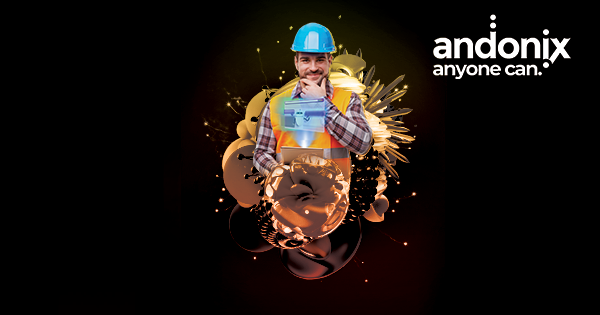
The Practical Uses of AI in Manufacturing: A Glimpse into the Future Factory
The manufacturing sector has always been at the forefront of adopting new technologies, and artificial intelligence (AI) is no exception. As we stand on the brink of the fourth industrial revolution, AI is poised to transform the manufacturing landscape in ways we could only dream of a few decades ago. Here's a look at some of the most practical uses of AI in manufacturing:
-
Predictive Maintenance: Gone are the days when machines were repaired after they broke down. With AI, manufacturers can now predict when a machine is likely to fail by analyzing data from sensors. This not only reduces downtime but also extends the lifespan of the equipment.
-
Quality Control: AI-powered visual inspection systems can detect defects and irregularities in products with a level of accuracy that surpasses the human eye. By catching defects early, manufacturers can ensure consistent product quality and reduce wastage.
-
Supply Chain Optimization: AI can analyze vast amounts of data to forecast demand, optimize inventory levels, and even predict supply chain disruptions. This leads to reduced costs and more efficient operations.
-
Personalized Manufacturing: As consumer demand for personalized products grows, AI enables manufacturers to adapt their production lines in real-time to produce customized items without compromising on efficiency.
-
Energy Efficiency: AI algorithms can analyze energy consumption patterns in factories and suggest ways to reduce energy waste. This not only cuts costs but also makes manufacturing processes more sustainable.
-
Safety Enhancements: AI can monitor factory environments and detect unsafe conditions or behaviors, alerting management and workers instantly. This proactive approach can significantly reduce workplace accidents.
-
Robotics and Automation: Collaborative robots, or "cobots", powered by AI, can work alongside humans, learning from them, and assisting in tasks that are repetitive, strenuous, or hazardous.
-
Process Optimization: AI can analyze manufacturing processes to identify bottlenecks or inefficiencies. By streamlining these processes, manufacturers can increase their output without increasing costs.
In conclusion, AI is not just a buzzword in the manufacturing sector; it's a transformative tool that's reshaping the way products are made. From predictive maintenance to personalized manufacturing, AI is ensuring that factories are not only more efficient but also more responsive to the ever-evolving needs of consumers. As we move forward, the integration of AI in manufacturing will only deepen, heralding a new era of innovation and productivity.

